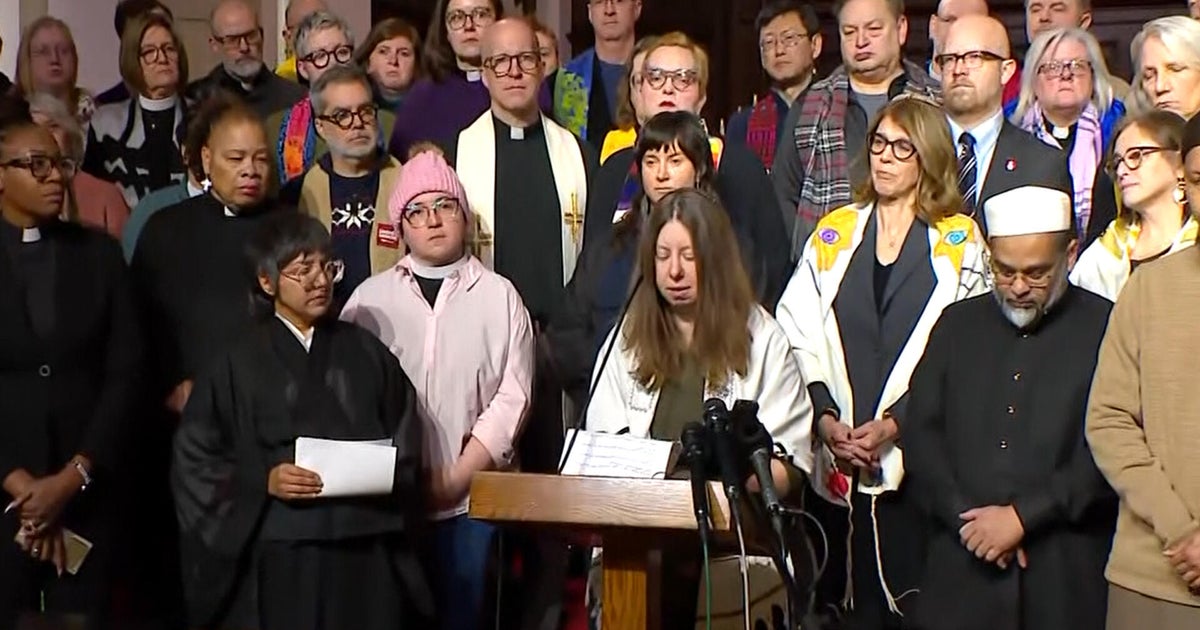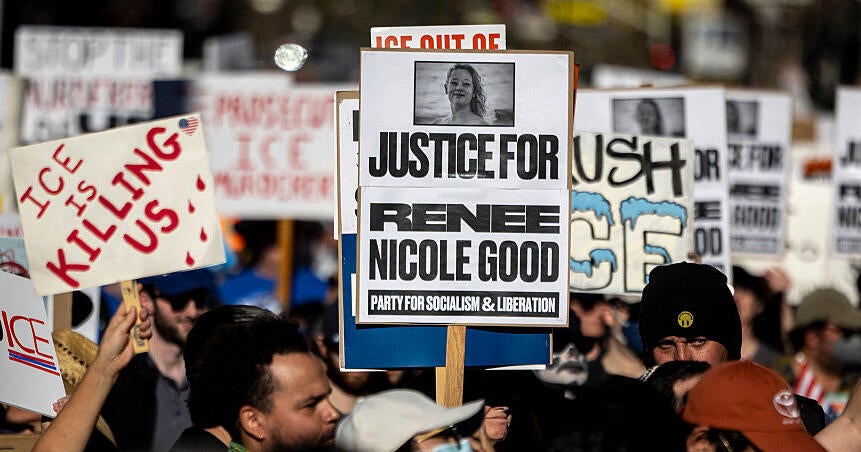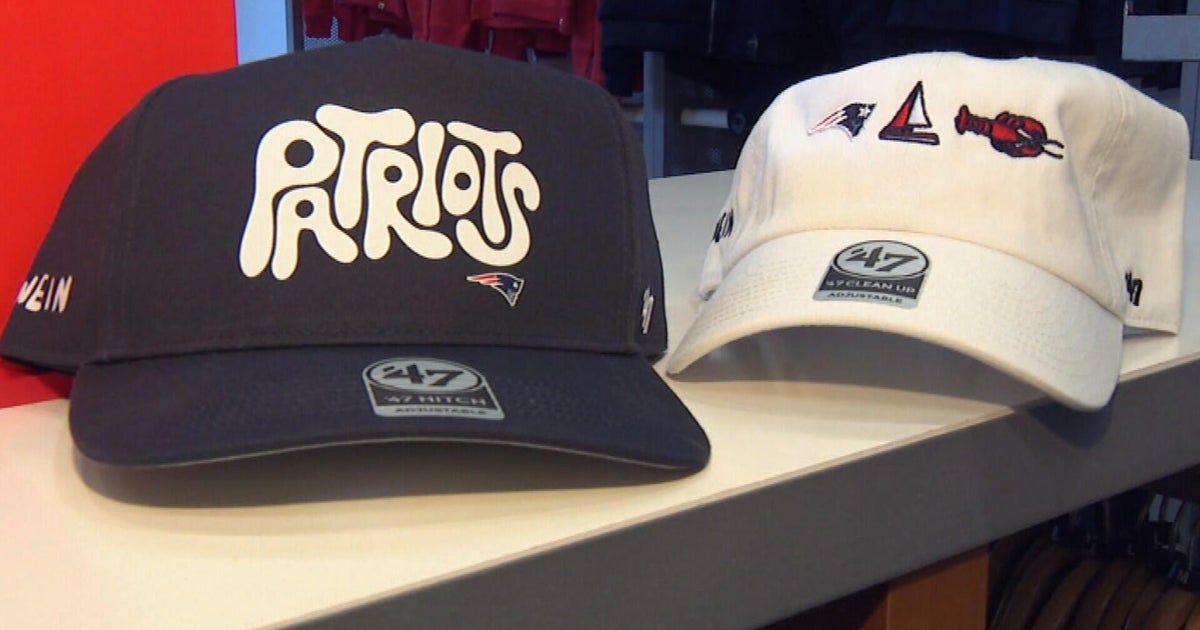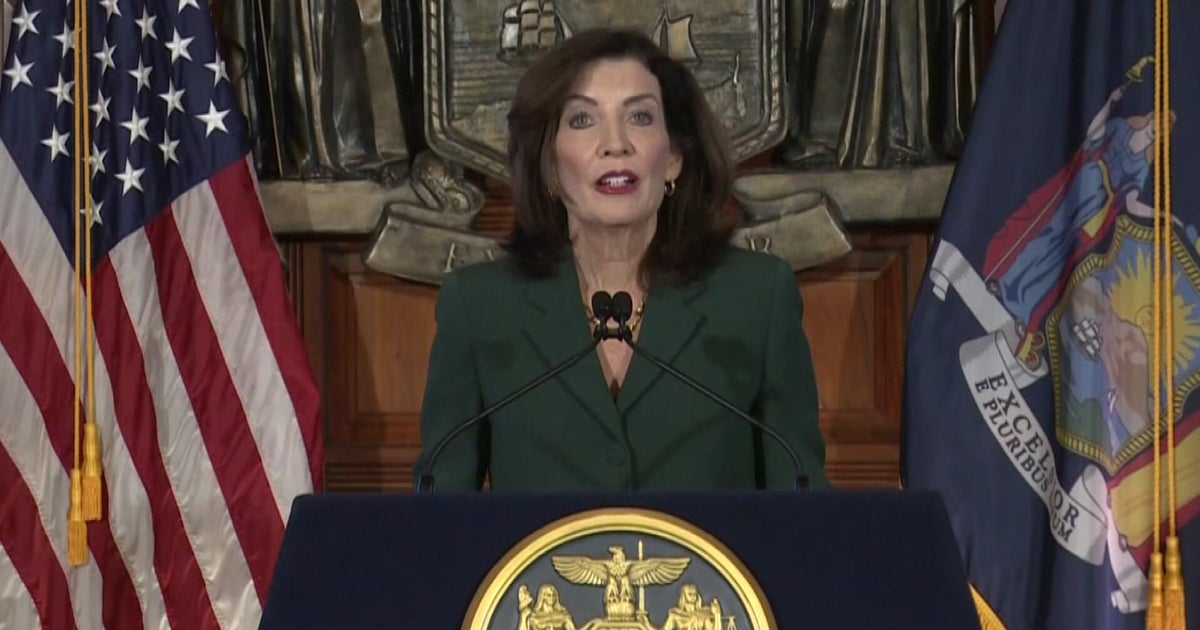Solar United Neighbors helps Minneapolis homeowners go solar on a budget
MINNEAPOLIS -- Buying in bulk can help you at places like the grocery store but it can also help you save on solar.
For Jessica Tank, living sustainably is part of her routine -- and last year, she turned things up a notch and went solar.
"It's not something I thought I'd be able to afford ever," Tank said.
She did it with the help of Solar United Neighbors, a nonprofit designed to help people get rooftop solar for less hassle and less money.
The group does it by harnessing the power of buying in bulk. They call it a solar co-op.
So, how does it work?
First, you get a group of people together who want to go solar. It could be your neighbor down the street or a group across the metro.
They're educated as a group on the process, including incentives, rebates and programs to help them get there.
Then, the co-op shops around. After the group collectively chooses an installer, everyone gets an individual bid for their home installation, and they can choose to move forward or not.
"And then it turned out that it was in the budget completely," Tank said. "They helped to walk me through the process because I was a little confused about how it all worked."
Tank says being part of the coop made it possible for her.
"If we had questions or something was confusing or didn't make sense we had someone we could talk to. It wasn't just us trying to talk directly with companies," Tank said.
The process from start to finish took a few months, though the on-site installation takes a day or so.
"For me, it was only a couple thousand," Tank said. "Within a couple years, I'll be broken even."
Bobby King with Solar United Neighbors explains the sticker price for an install like Tank's is going to run somewhere around $23,000-28,000.
"Depending on how high your house is, how steep your roof is," King said.
Tank was able to stack things like federal tax credits and city programs to save big.
"If you own your home and you qualify for energy assistance then there's some pretty robust incentives you can get from Xcel Energy in the city of Minneapolis that will cover most of the cost of going solar -- like upwards of 75 percent," King said.
Tank described to WCCO how her setup works.
"The little bars on the bottom, when they're going to the right, we're using more energy than we're producing with the panels, and when they start going the other way, it indicates we're producing more and so Xcel actually pays us for that energy," Tank said.
She can track it on her phone to fully understand how much her panels produce and the impact it has.
"I think it does make you more mindful of your consumption as well," Tank said.
King says supply chain issues have impacted prices but that they anticipate they will eventually go down
The current Solar United Neighbor co-op is still looking for members. It's free to join -- you just have to live in the Twin Cities or the surrounding metro. It's open until the end of May. Click here to learn more.








